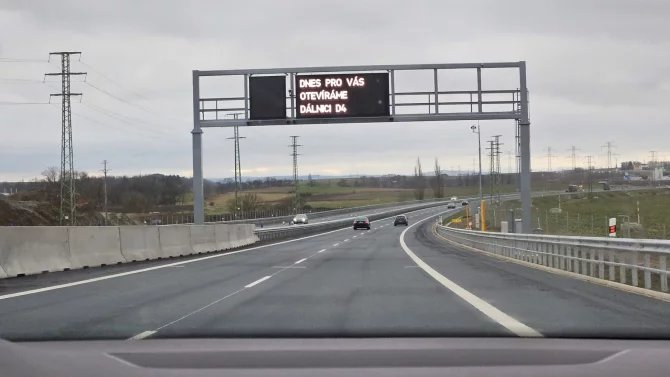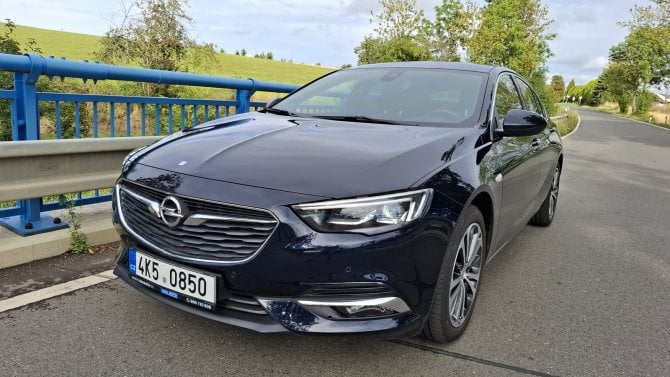...
BRUSSELS, June 21 (Reuters) - Bemused Polish diplomats said on Thursday they were being wooed by two apparently rival mediation efforts as European Union leaders wrestled over a new treaty reforming the bloc's institutions.
Complicating matters, the French and Czech initiatives both appeared to have the backing of German Chancellor Angela Merkel, chairing a two-day summit aimed at giving a mandate for negotiations on a treaty to replace the defunct EU constitution.
French President Nicolas Sarkozy was spearheading one diplomatic effort, telling the Poles they are one of Europe's big nations and can expect to be in the inner circle of decision makers, EU diplomats said.
"Poland is a country of 38.5 million people and which will not allow itself to be humiliated," Sarkozy told TF1 television on Wednesday after visiting Warsaw last week.
The existence of a "Big Five" or now "Big Six" directorate in the EU is never officially acknowledged and often denied, but Sarkozy created such a group publicly when he was France's interior minister to discuss policy on terrorism and migration.
The Czech Republic, Poland's ex-communist central European neighbour, is also mediating, but with a different formula aimed at giving more power to small and medium-size countries rather than co-opting Warsaw into the "big boys", the diplomats said.
"It's about finding some kind of golden bridge, and we are talking about the quality of the bridge, where everybody can walk relatively comfortably," Czech Deputy Prime Minister Alexandr Vondra told Reuters.
He said he had begun his mediation effort after Czech Prime Minister Mirek Topolanek met Merkel on Sunday and had visited Warsaw since then to discuss possible compromises.
Asked whether the two approaches were contradictory, a Polish diplomat said: "We have this impression as well."
LOWER THRESHOLD
Poland has demanded a change in the planned voting system for EU decision-making, which it says gives big countries, especially Germany, too much power to Warsaw's detriment.
The Czech daily Lidove Noviny reported that Prague had floated the idea of lowering the double majority vote population threshold for approving decisions to 62 percent from 65 percent as a compromise that may win over the Poles.
There would also be a provision blocking a vote if net contributors to the EU budget and net recipients of EU funds stood on opposite sides of a contested issue, the paper said.
One EU diplomat familiar with the talks said the Czech proposal also involved a strengthening of a formula that allows a minority of member states just short of a blocking minority to delay a decision and force further negotiation.
He said the Czech idea of a 62 percent threshold was based on three arguments:
- it was the same population threshold already stipulated in the 2000 Nice Treaty, which currently governs the EU;
- it was similar to the threshold foreseen in Poland's alternative proposal for giving countries weighted votes based on the square root of their population;
- mathematicians had calculated that any threshold above 62 percent favoured the most populous state, Germany, by making it easier for Berlin to block decisions.
A west European diplomat said the Poles appeared to be playing the rival mediation efforts off against each other to maximise its advantage.
A team of up to 10 mathematicians and lawyers accompanied Polish President Lech Kaczynski to the summit to study the options, the Polish diplomat said.
Keywords: EU TREATY/MEDIATION




 Ceny dálničních známek v Česku porostou, roční bude od ledna už za víc než 2500 Kč
Ceny dálničních známek v Česku porostou, roční bude od ledna už za víc než 2500 Kč
 Na prodej je devadesátkové Ferrari pro chudé v perfektním stavu. Fiat za půl milionu je lákavá nabídka
Na prodej je devadesátkové Ferrari pro chudé v perfektním stavu. Fiat za půl milionu je lákavá nabídka
 Rakousko končí s nalepovacími dálničními známkami a zdražuje
Rakousko končí s nalepovacími dálničními známkami a zdražuje
 Test Fiat Panda La Prima: Styl za dobrou cenu a automat k tomu
Test Fiat Panda La Prima: Styl za dobrou cenu a automat k tomu
 Test ojetiny: Možná se vyplatí nejít automaticky pro Škodu. Opel Insignia II je opomíjenou ojetinou za skvělé peníze
Test ojetiny: Možná se vyplatí nejít automaticky pro Škodu. Opel Insignia II je opomíjenou ojetinou za skvělé peníze
